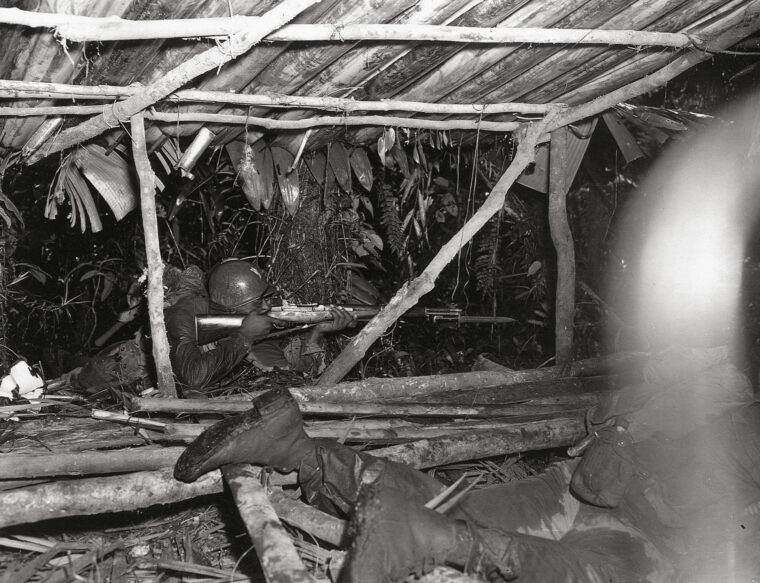
Henry L. Stimson
The Fight Near Hill 250: K Company at the Battle of Bougainville
By John Kennedy OhlIn an article in the Pittsburgh Courier on April 15, 1944, correspondent Billy Rowe, who was covering the activities of the 93d U.S. Read more

Henry L. Stimson
In an article in the Pittsburgh Courier on April 15, 1944, correspondent Billy Rowe, who was covering the activities of the 93d U.S. Read more

Henry L. Stimson
As he read the decrypt of the radiogram from Admiral Harold Stark, Chief of Naval Operations, several things bothered Admiral Thomas C. Read more
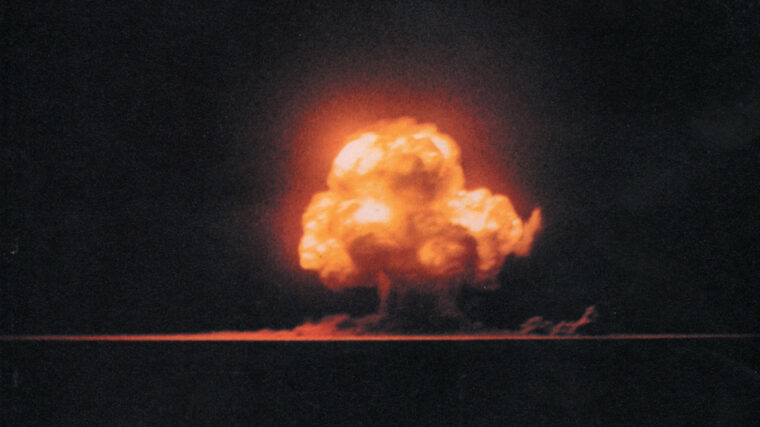
Henry L. Stimson
The most controversial decision of the 20th century—probably in all of history—was the one reportedly made by President Harry S. Read more
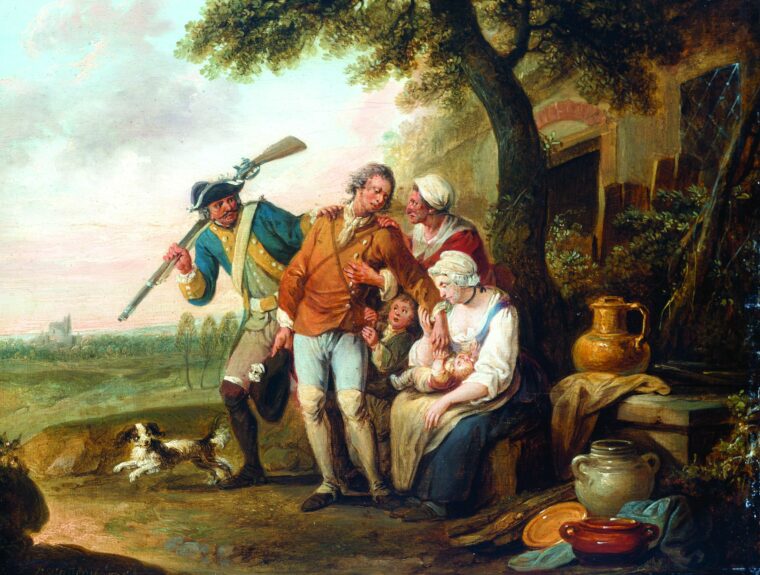
Henry L. Stimson
The call of a nation on its civilian population either to create a military force or to augment a standing army is virtually as old as civilization itself. Read more
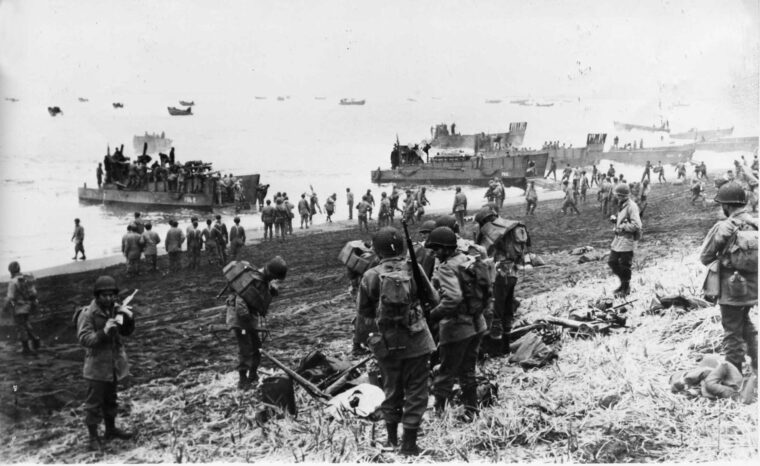
Henry L. Stimson
For decades Americans have been spoiled by the instant coverage of war in the media. Read more
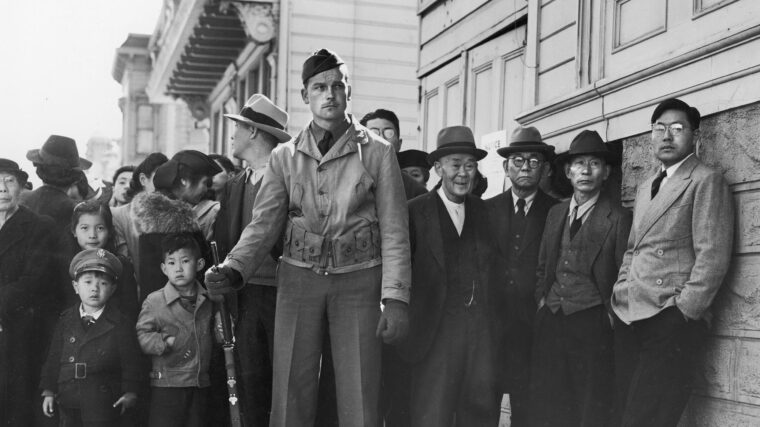
Henry L. Stimson
“We were stunned when we entered the camp,” Yoshio “Yosh” Nakamura said, remembering the day when he and his family, from El Monte, California, were herded through the main gate at the Gila River Relocation Center—a Japanese American internment camp 30 miles southeast of Phoenix, Arizona—carrying only suitcases into which their worldly possessions had been crammed. Read more
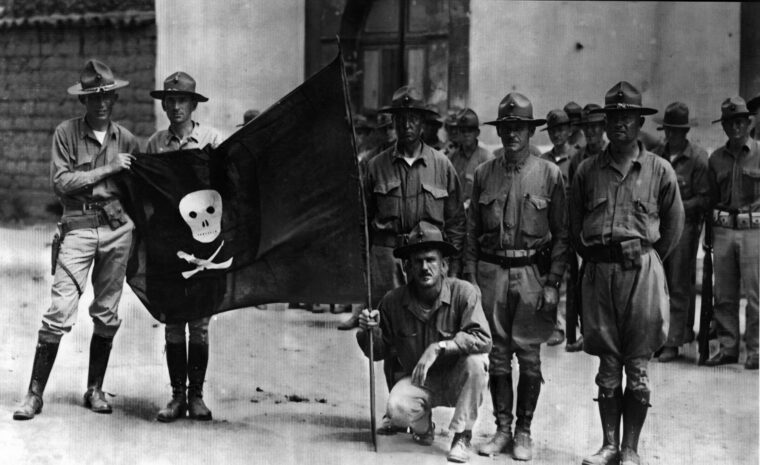
Henry L. Stimson
Since the 19th century, Nicaragua has been of key strategic interest to the U.S. government. Revolution regularly rocked the Central American country. Read more
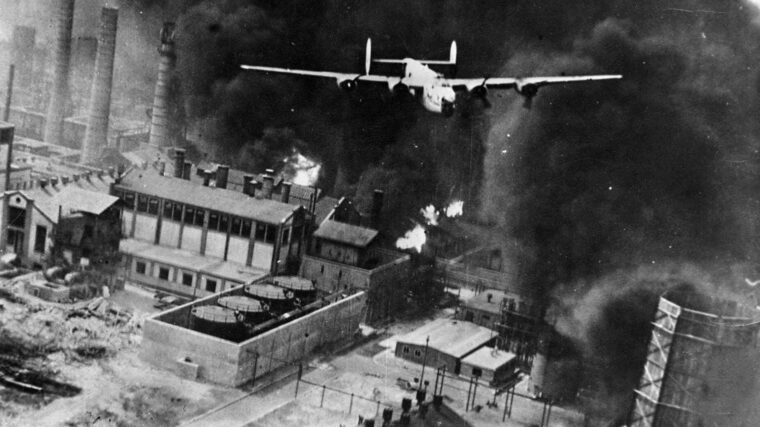
Henry L. Stimson
In 1942, many Americans considered anyone of Japanese ancestry to be an enemy, regardless of where they had been born or how long their families had lived in the United States. Read more
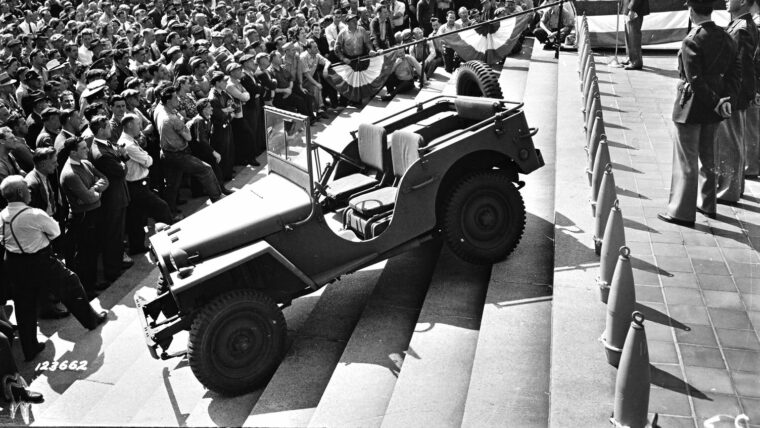
Henry L. Stimson
General of the Army George C. Marshall called it America’s greatest contribution to modern warfare. General Dwight D. Read more
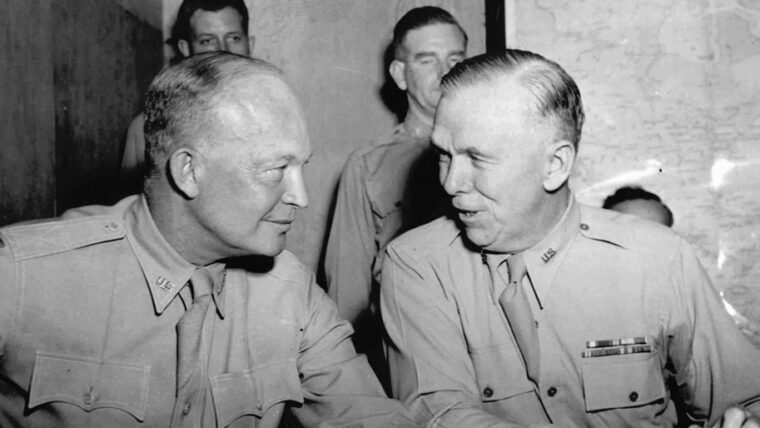
Henry L. Stimson
President Franklin D. Roosevelt was disturbed in the autumn of 1938 by the Munich agreement, at which the rights of Czechoslovakia were signed away, and by reports of mounting air strength in Adolf Hitler’s Nazi Germany. Read more
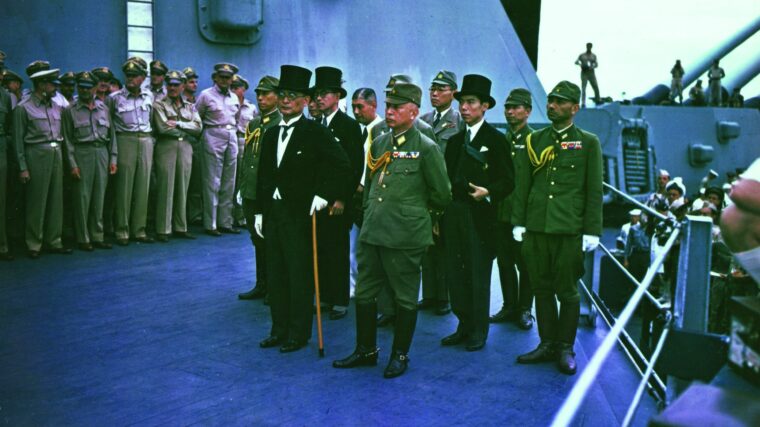
Henry L. Stimson
It was fated to be the last wartime conference of the Big Three Allies of World War II, but it was the first not attended by the late American President Franklin D. Read more
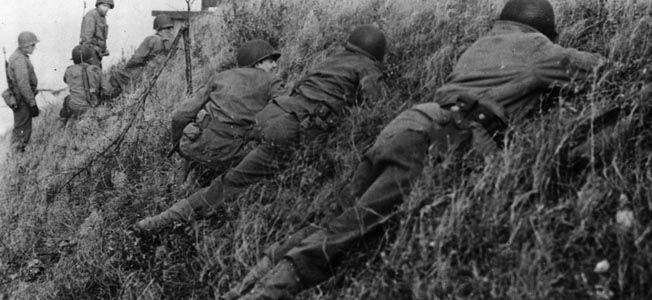
Henry L. Stimson
Although the U.S. First Army had already captured an intact bridge over the river at Remagen, there was still a rivalry between Patton and British Field Marshal Bernard Montgomery to cross next. Read more